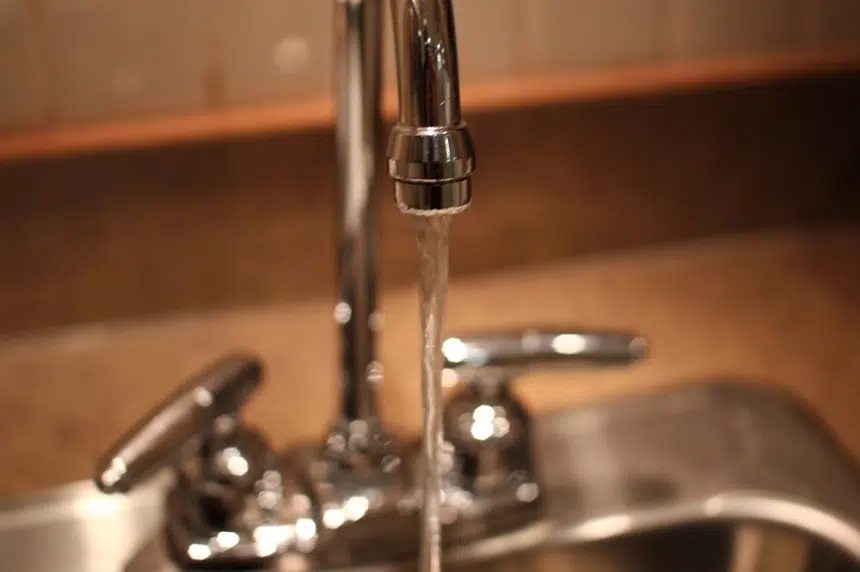Residents in Regina’s Cathedral neighbourhood are concerned by city council’s decision to walk back its five-year deadline to replace the city’s remaining lead water service connections.
About 3,600 of those connections exist, mostly in older neighbourhoods including Cathedral. Council voted Wednesday to replace them in 15 years, a longer timeline than the five-year plan approved in 2019.
“We feel like that pushing back the timeline further downplays the health implications and the urgency that this needs to be dealt with,” said Casey Peart, a board member from the Cathedral Area Community Association (CACA).
Council had weighed more aggressive timelines but sought to strike a balance between accelerating the work (the status quo would have completion in 2050) and keeping utility rates low and co-ordinating with other road work.
Council had heard that 10-year and five-year timelines would require digging up recently paved roads.
In the meantime, the city will try to get people participating in its program where residents can get a water filter and replacement cartridges, or a rebate toward the purchase of a filter.
It’s estimated that only 20 per cent of eligible residents participate in the filter program and Peart wants to see it improved for the sake of safety. Health Canada says lead is a toxic metal that causes various health problems and stunts the development of children.
Peart said testing is among the program’s flaws.
In order to qualify for a filter, residents need to have their water tested. That requires them to visit the Roy Romanow Provincial Laboratory to pick up the testing equipment, then dropping off a sample later. The lab is open from 8 a.m. to 5 p.m. on weekdays.
“Lots of folks can’t get out there. They can’t drive out to the university during work hours to pick up this receptacle (and) to drop it off the next day,” she said.
The city will deliver a tap-mounted filter or a water pitcher to people’s doors. The program is renewable until the problem is fixed, council heard from city administration.
Peart said the tap-mounted filters do not always fit, they sometimes break and replacements are not widely available.
“The onus is on the individual to go and seek this out and try to find these filters and pick them up and remember to replace them every two or three months. I feel like it’s a lot to ask for something that is a right,” she said.
In her presentation to council Wednesday, Cathedral resident Kathleen Donovan said she went through multiple filters before settling on a pitcher-style filter. She didn’t know the rebates were renewable each year.
“It was very difficult to navigate the system … and I don’t think a lot of people can or do,” she said.
Donovan was also frustrated she was not made aware of the consequences of lead exposure, as well as with communication with the city.
“I realize now that my water levels are 20 times higher than the one that Health Canada considers to be a safe level,” she said.
“Twenty-two times higher — I’m very upset now because I didn’t know. I just thought I’d put a filter on. Sometimes I use it, sometimes I don’t.”







